Will AI Replace Your Job? Embracing the Revolution vs. Job Displacement
The rise of Artificial Intelligence (AI) has ignited a wave of curiosity and concern among young professionals like never before. As the realm of intelligent machines continues to expand, the question that echoes through boardrooms and water coolers alike is unmistakable: "Will AI replace your role?"
Artificial Intelligence, or AI, refers to computer systems that can mimic human intelligence and perform tasks that typically require human intelligence, such as visual perception, speech recognition, decision-making, and problem-solving. AI is powered by complex algorithms, machine learning, and massive data sets, enabling machines to learn from experience, adapt, and improve over time.
In our discussion, we will narrow our focus to Generative AI, a specialized subset within the vast realm of AI technology. Generative AI centers on harnessing the power of artificial intelligence to create content, encompassing both text and image generation, indistinguishable from that produced by a human. This fascinating field introduces us to tools like ChatGPT, MobileGPT, and various similar applications that exemplify the capabilities of Generative AI.
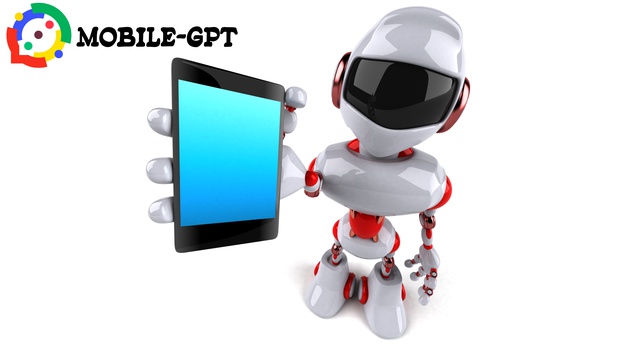
This article is dedicated to exploring the effects of AI on jobs, is this fear real? should we be worried that the machines will take over? or is there something we can learn from AI? We will delve into the potential implications of AI's presence in the workforce, weighing both its promises and challenges. Our goal is to provide a balanced and informative discussion, arming you with the insights to navigate the AI revolution proactively.
Why are we so afraid of the Generative AI technology boom?
It's a common human instinct to be wary of the unknown, and with the surge in Generative AI technologies, we're entering an era filled with unpredictability. As AI continues to break barriers and redefine norms, the fear stems from not fully understanding the potential of these advanced technologies. The mystery that surrounds how AI models learn and generate output can also add to the uneasiness.
Moreover, the rapid pace of development in AI makes it hard for legal and ethical frameworks to keep up, triggering concerns about misuse. There's also the significant worry that as machines become more capable, they'll take over tasks currently performed by humans, rendering many traditional jobs redundant.
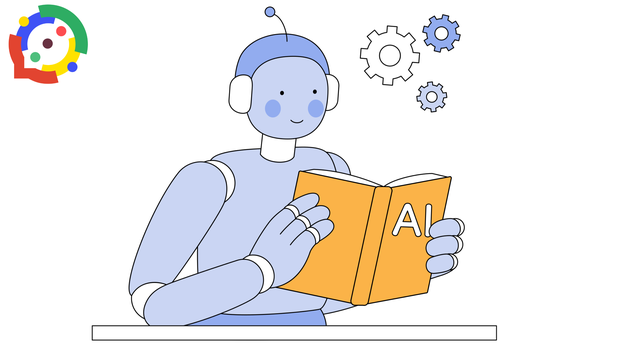
This letter from “experts” including Elon Musk asking for a halt in AI development and training was trending in the recent months. Why are people so afraid? Then a few weeks later, the same people are releasing their own AI products.
Are they asking for a halt in development because they are really afraid, or are the asking so they can get time to catch up?
What jobs can Generative AI replace: Actual Examples
Generative AI, with its capability to produce human-like content, has potential applications across several industries. Let's look at a few specific roles that could be affected:
- Content Creators and Journalists: Advanced AI systems like GPT-3 can produce high-quality articles, reports, and stories, which could potentially replace human writers in some circumstances.
- Software Developers: AI tools can now generate code and even debug existing code, posing a potential threat to some software development roles.
- Customer Support Representatives: Chatbots, powered by AI, are already handling customer queries in many industries, reducing the need for human representatives.
- Data Analysts: Generative AI can generate insights from vast datasets much faster than a human analyst, potentially threatening roles that primarily involve routine data processing and interpretation.
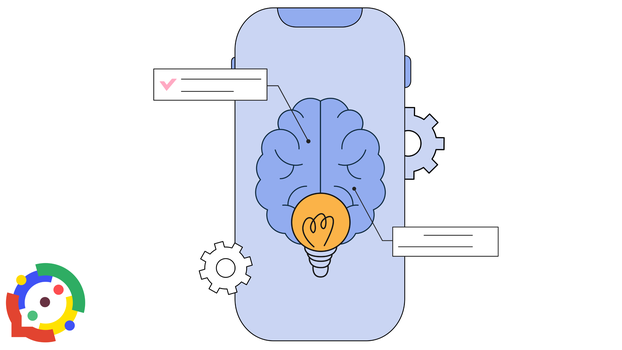
The roles highlighted are merely indicative of the kind of jobs that AI could potentially impact. Nonetheless, it's improbable to envision companies fully handing over their coding or content creation tasks to AI. Instead, organizations might opt for seasoned writers who can act as AI guides, supplying effective prompts to direct AI tools in generating desired content. This transformed role implies that, rather than laboring for hours on a single article, an AI prompt engineer might invest only a few minutes in creating prompts and subsequently reviewing and editing the content produced by AI.
The implication is that AI-aided writers can churn out content at an accelerated pace and increased volume. This efficiency could mean that a company might hire just two or three prompt writers, as opposed to the 20 traditional writers they might have required previously. This effectively optimizes human resources while amplifying content production.
Should we be afraid or should we embrace AI?
Throughout history, every technological revolution has brought with it a similar mix of anticipation and fear. The industrial revolution of the 18th and 19th centuries, for example, led to an upheaval in the workforce structure. Many labor-intensive jobs became obsolete as machines took over, sparking widespread concern. However, the same revolution also led to the creation of new industries and jobs, ultimately leading to economic growth and societal advancement.
Just as societies adapted during the industrial revolution, the current wave of AI and automation requires us to be flexible and ready to adapt. It's crucial to see this technological shift as an opportunity to learn, grow, and evolve our skills to align with the changing job market.
Embracing AI doesn't necessarily mean eliminating human roles; instead, it means identifying how AI can augment our abilities and improve our productivity and efficiency. AI has the potential to take over mundane and repetitive tasks, freeing up humans to focus on more complex, creative, and strategic tasks. The aim is not to compete with AI but to form a symbiotic relationship where humans and machines work together, with each doing what it does best.
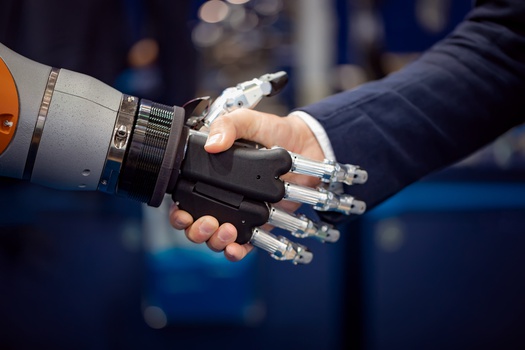
For example, in the medical field, AI can be used for diagnosing diseases, which can save a significant amount of time, allowing doctors to focus more on patient care. In the automotive industry, AI can help in designing safer, more efficient vehicles, freeing up engineers to focus on innovative solutions for future mobility. In journalism, AI can help gather and sort through vast amounts of data, allowing journalists to focus more on analysis, storytelling, and investigative work.
To leverage the opportunities that AI brings, it is essential to invest in education and training. Equipping the current and future workforce with the necessary skills to work alongside AI is critical. This could include training in data literacy, AI ethics, programming, and even "soft skills" like critical thinking and creativity, which are areas where humans still have a significant advantage over AI.
Furthermore, governments, corporations, and educational institutions must play a pivotal role in facilitating this transition. This could involve implementing policies that encourage continuous learning and skills development, investing in research to explore ethical and fair use of AI, and fostering an environment that encourages innovation and collaboration between humans and AI.
How to use AI tools like MobileGPT to shine in the job market
Adopting AI tools such as MobileGPT can give you a competitive edge. For instance, as a data analyst, using MobileGPT could dramatically reduce the time spent on mundane data processing tasks, leaving you with more time for higher-level interpretation and strategic planning. This shift from repetitive tasks to more strategic roles can make your job more fulfilling and valuable to your organization.
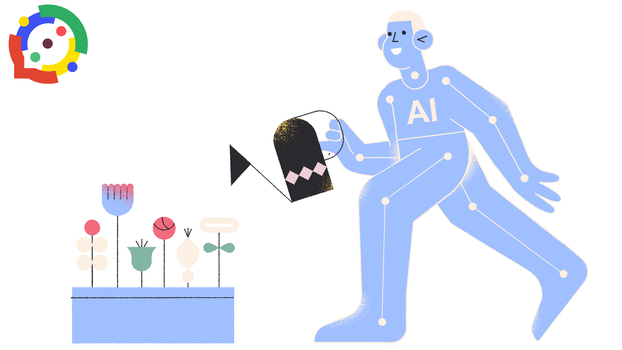
MobileGPT as a Productivity tool
There is a saying:
"AI will not replace your job, but someone using AI might"
Artificial Intelligence (AI) is not here to steal our jobs; instead, it presents an opportunity for individuals to enhance their productivity and gain a competitive edge. AI tools like MobileGPT exemplify how harnessing the power of AI can elevate one's capabilities, making them more efficient and resourceful in their professional endeavors.
One of the key advantages of AI tools like MobileGPT is the speed and accuracy they offer. With the ability to process vast amounts of data in a fraction of the time, AI enables users to accomplish tasks that would have taken hours or even days in mere minutes. This newfound efficiency gives professionals the leverage to focus on higher-value activities, strategic thinking, and creative endeavors that truly showcase their skills.
That competitive advantage
Moreover, AI tools like MobileGPT provide a competitive advantage in the job market. As industries become more AI-driven, possessing AI expertise and experience can be a differentiator that sets individuals apart from their peers. Employers seek candidates who are tech-savvy, adaptable, and embrace innovative solutions to tackle challenges. By actively incorporating AI tools into their workflow, professionals demonstrate their ability to stay ahead of the curve and deliver results that drive business success.
Get Generative AI on the Go - On WhatsApp with MobileGPT
Another significant aspect of MobileGPT and similar AI tools is their accessibility. Being mobile-friendly means having AI insights at your disposal whenever and wherever you need them. Whether it's refining a presentation during the morning commute or seeking real-time language assistance in a crucial meeting, MobileGPT offers unparalleled convenience and support.
Furthermore, AI tools like MobileGPT are designed to be user-friendly, even for those with limited technical backgrounds. This inclusivity opens the doors to a broader audience, allowing professionals from diverse domains to harness the potential of AI without the need for extensive coding or AI expertise. It levels the playing field, empowering individuals from all walks of life to excel in their respective fields.
Despite these remarkable advantages, it's essential to recognize that AI tools are not meant to replace human ingenuity or creativity. Instead, they complement and amplify our capabilities, allowing us to achieve feats that would have been unattainable without the support of AI. Embracing AI in the job market is not about fearing replacement; it's about embracing transformation and leveraging technology to advance our careers and unlock new possibilities.
Get Started!
Embark on this AI journey with MobileGPT and experience the potential of AI technologies firsthand. From improved efficiency to enhanced decision-making, the possibilities are vast. Getting started is easy. MobileGPT offers a 24-hour free trial period, allowing you to explore its features and experience the benefits firsthand. Simply visit https://wa.me/message/TRQTFU2TZDBGP1 to access and start your free trial.









